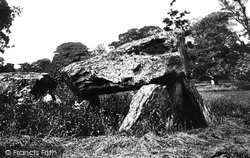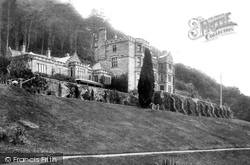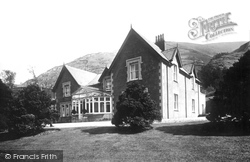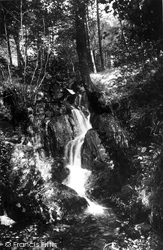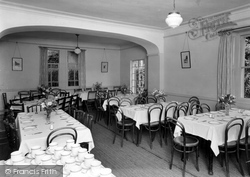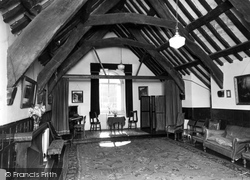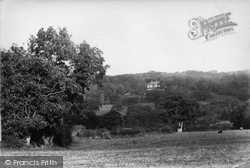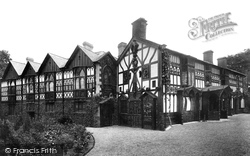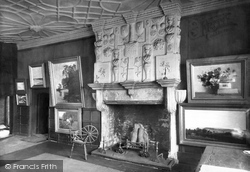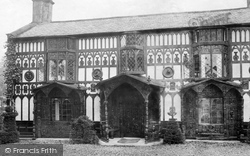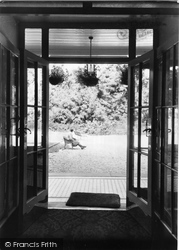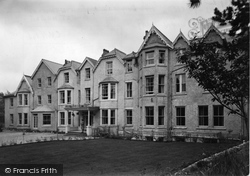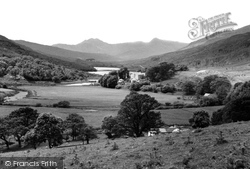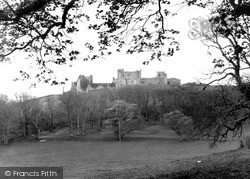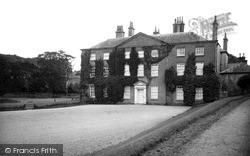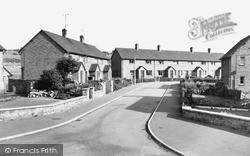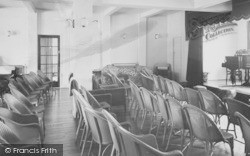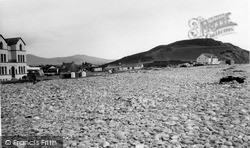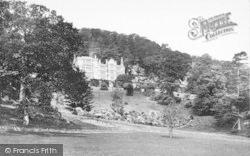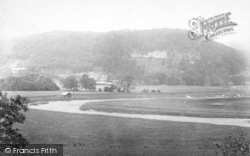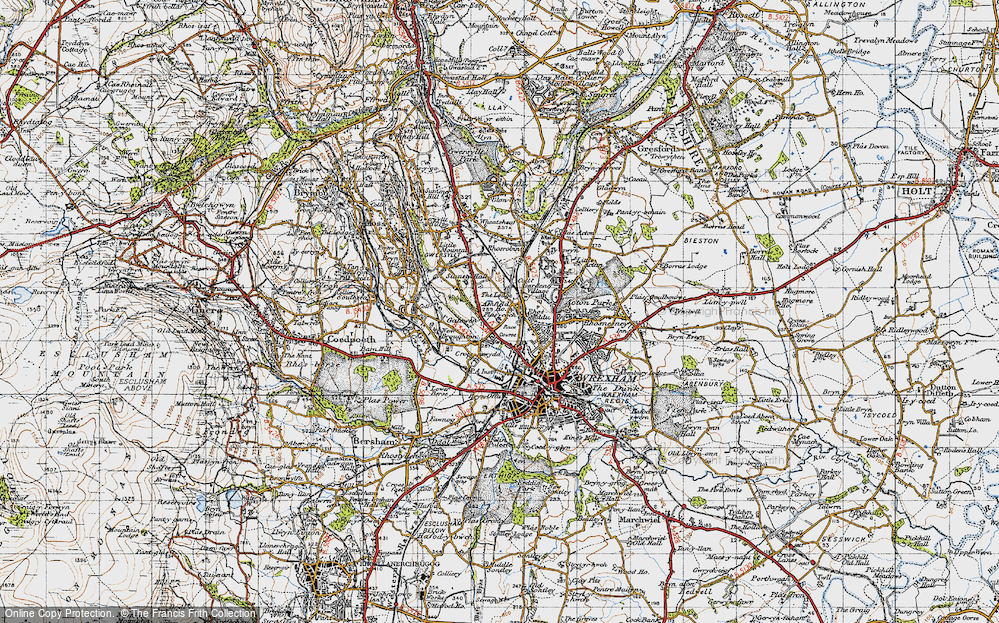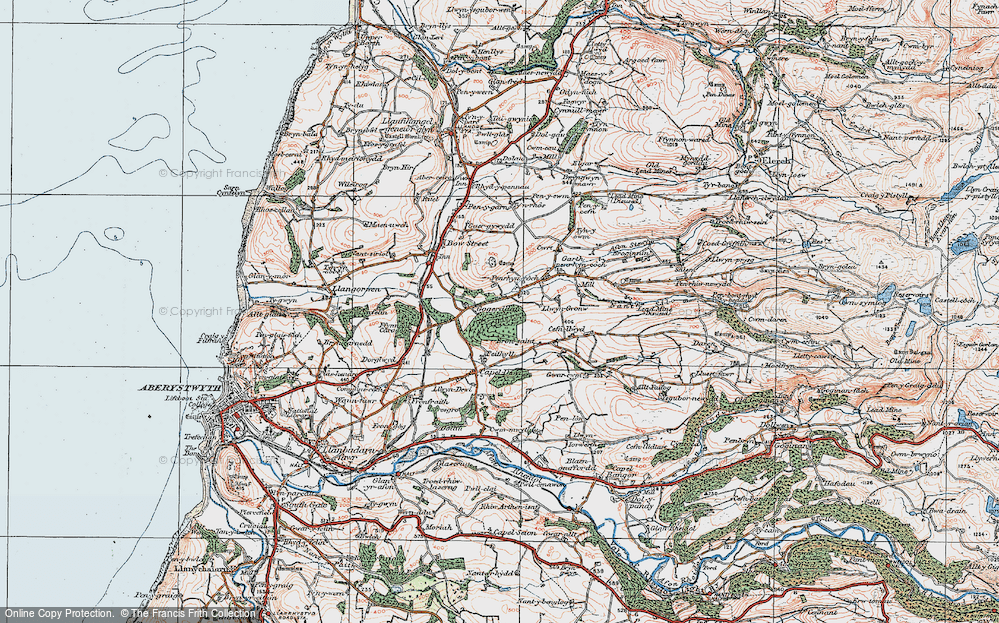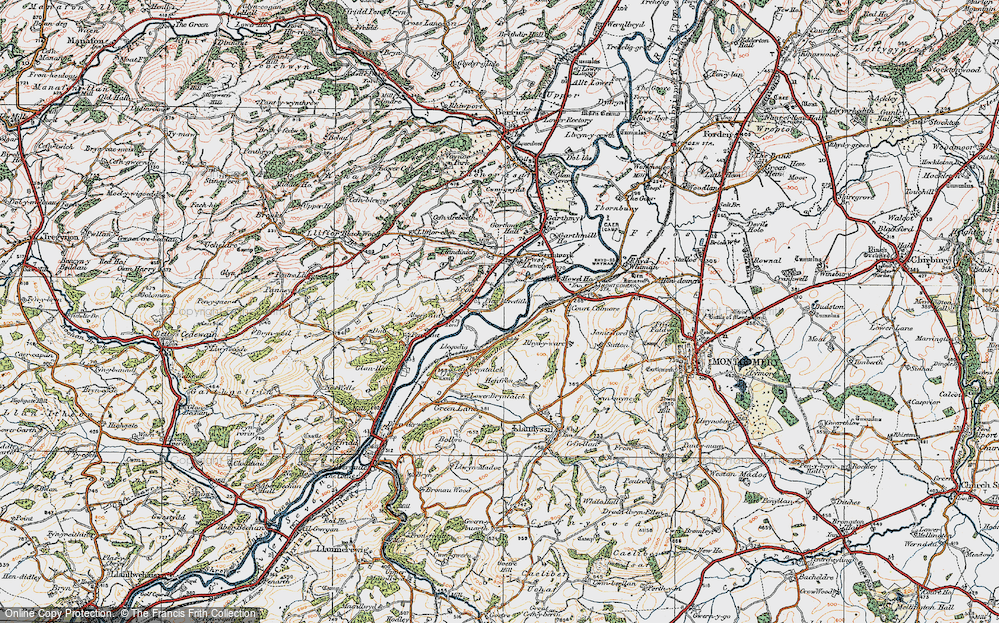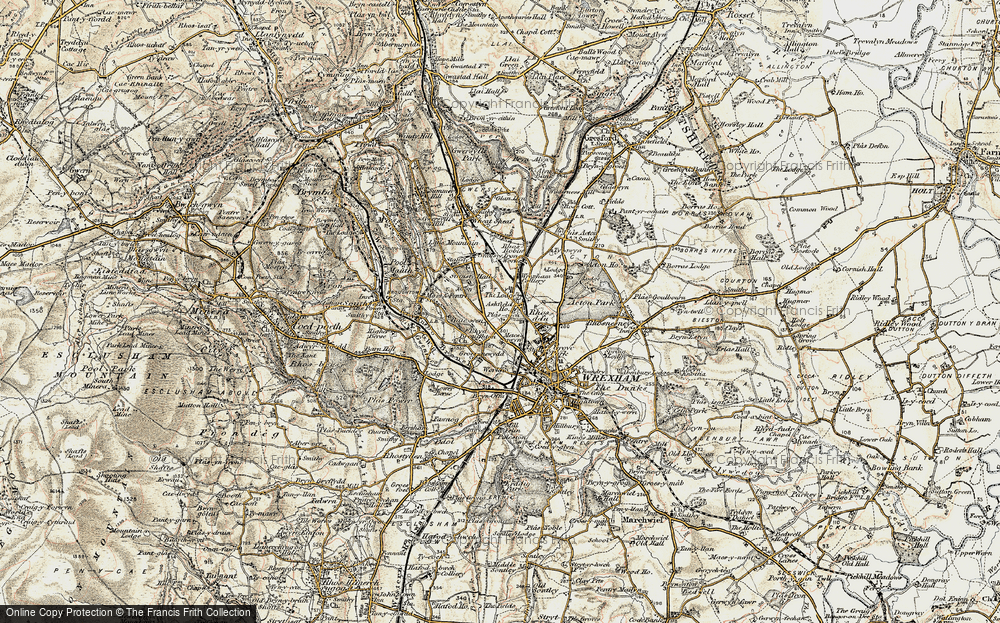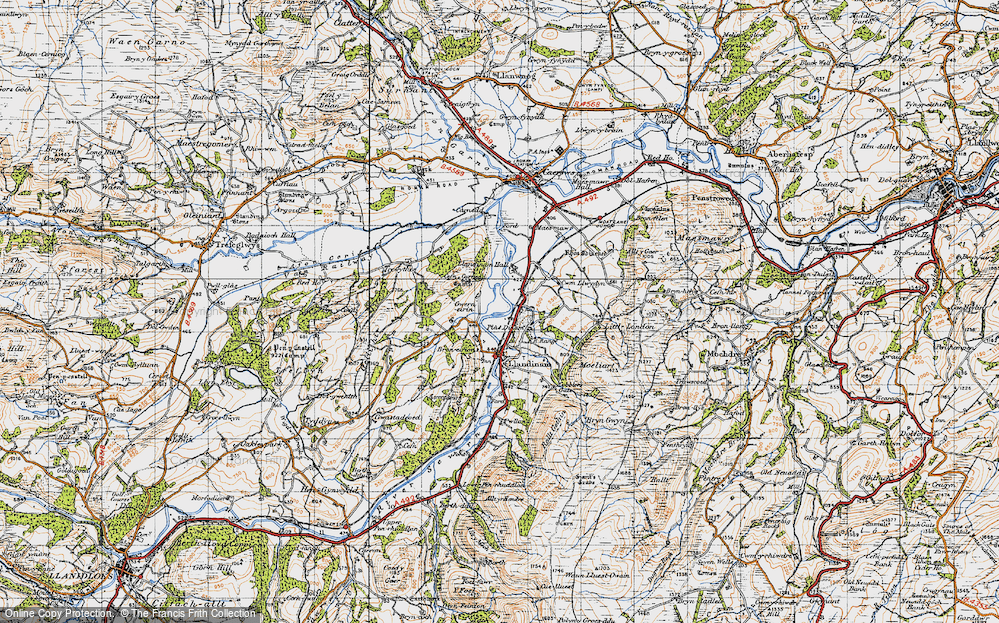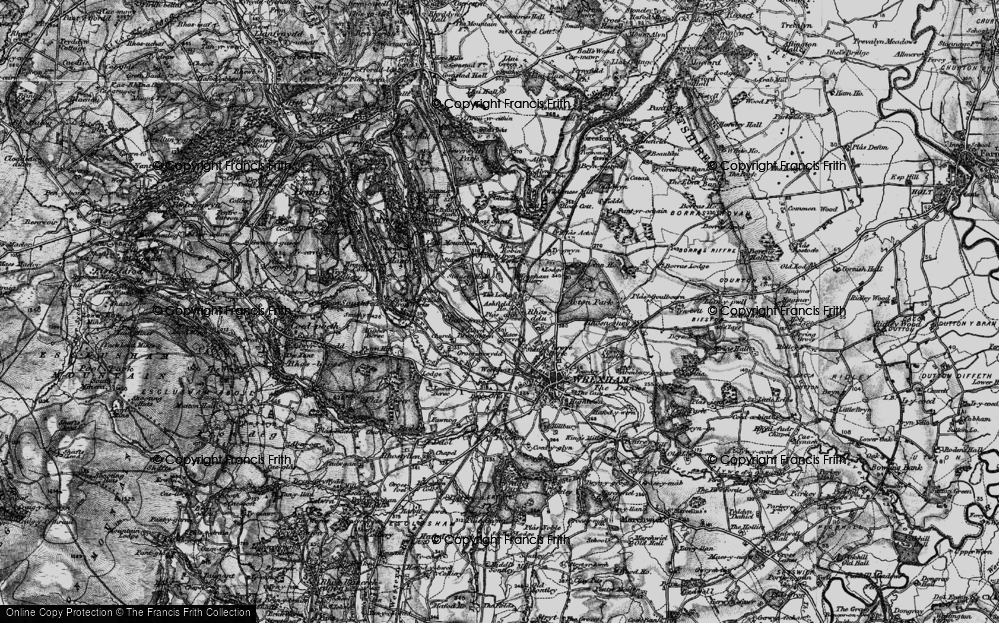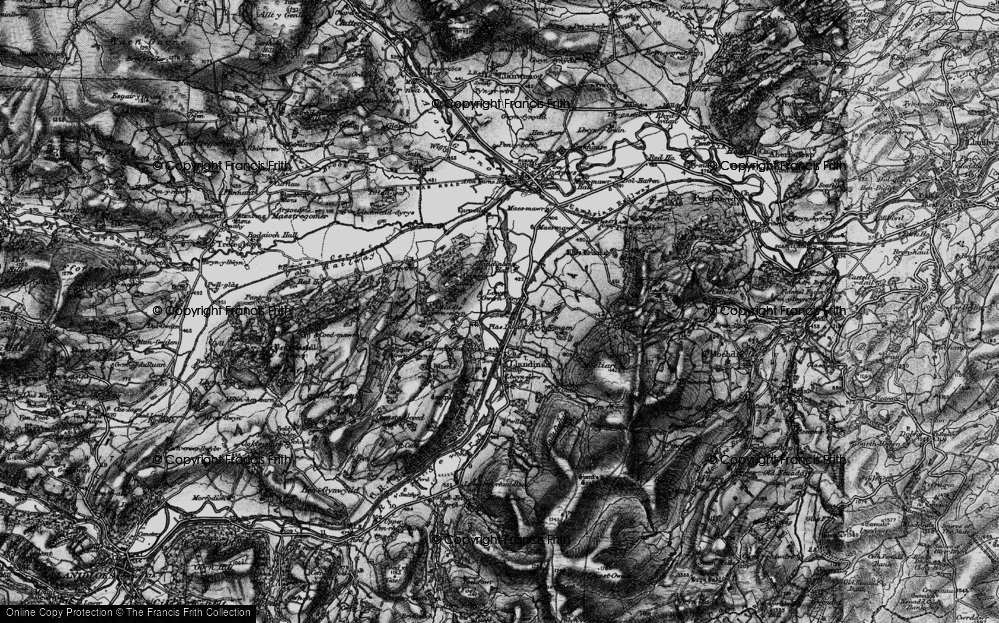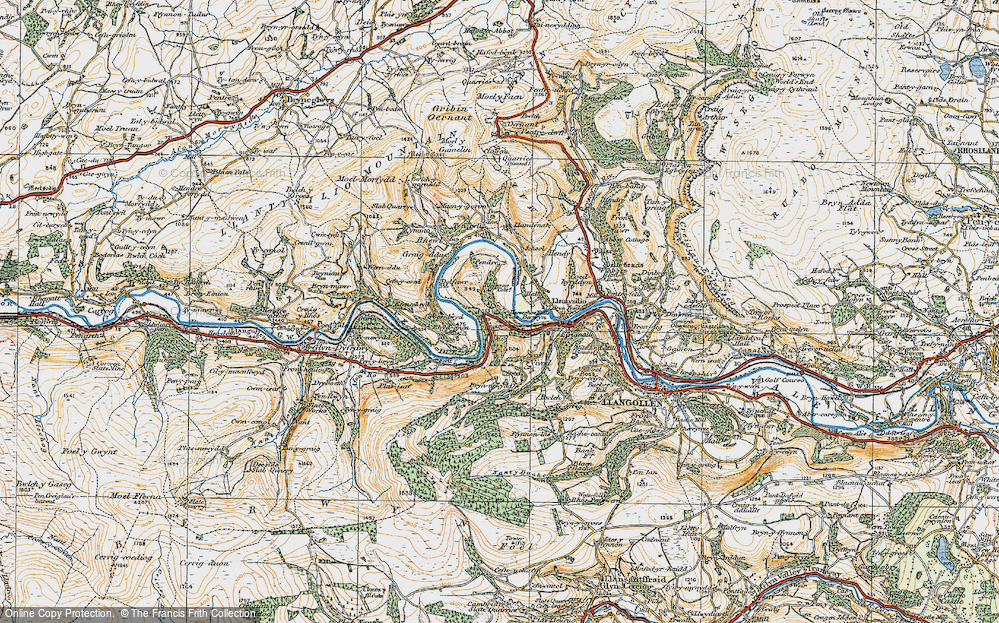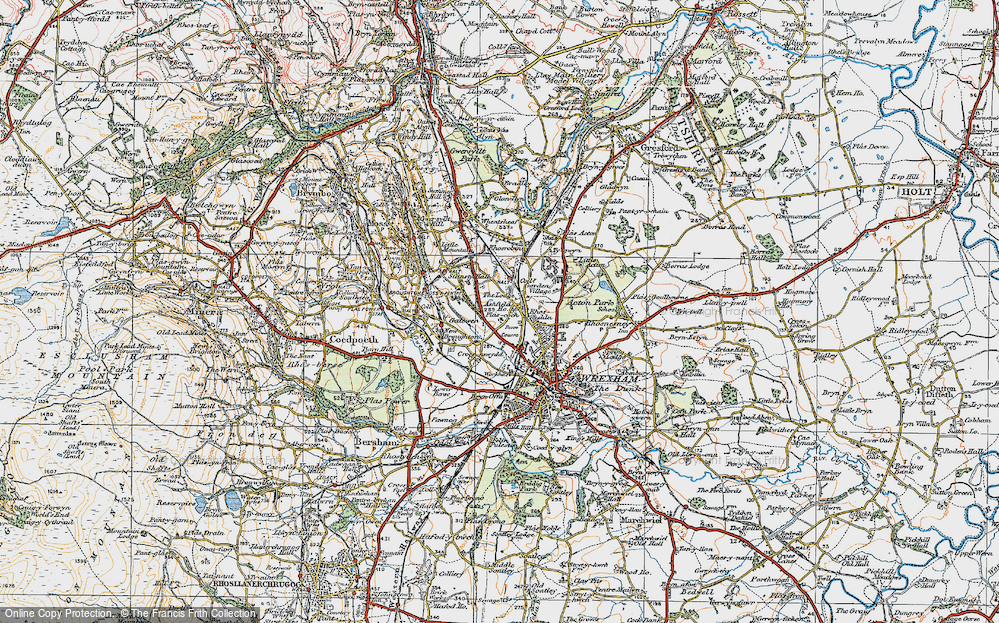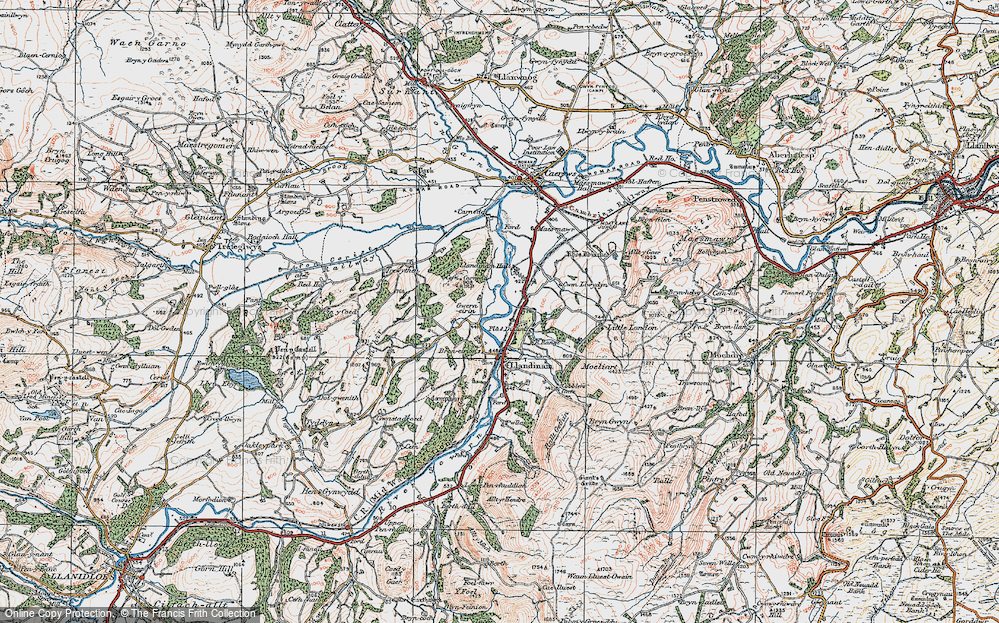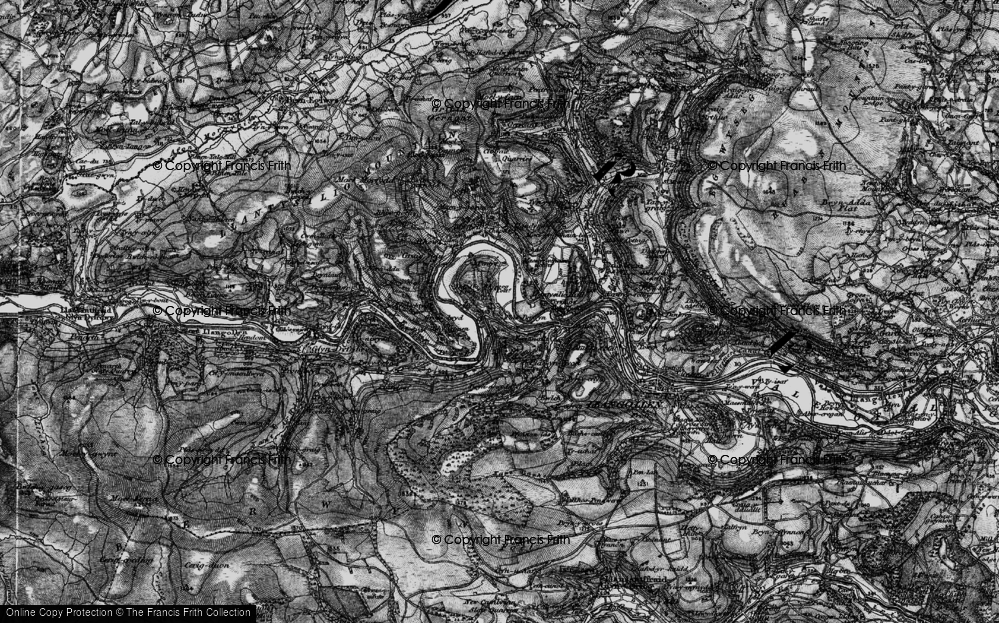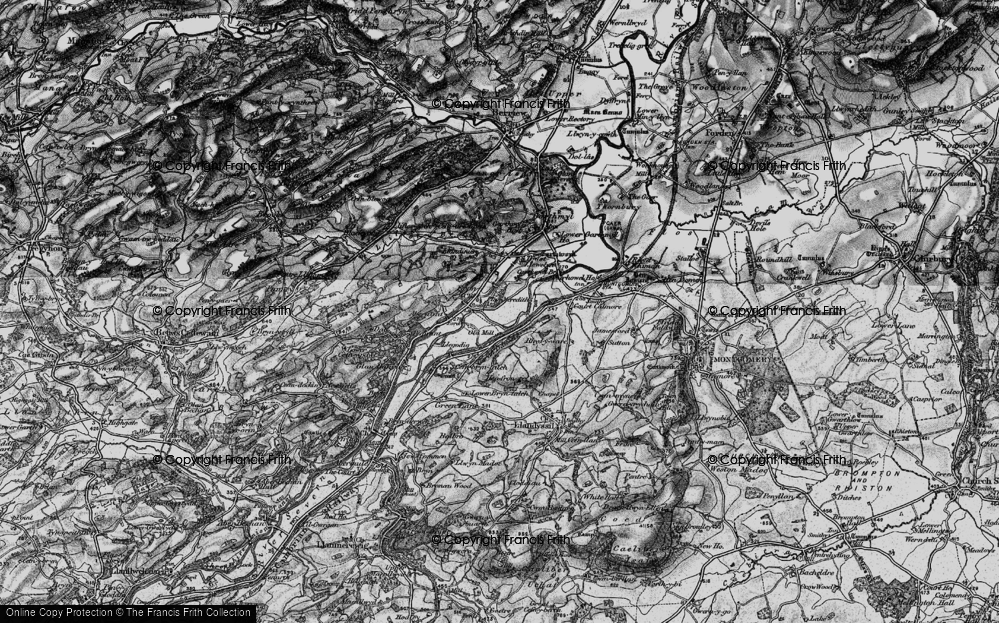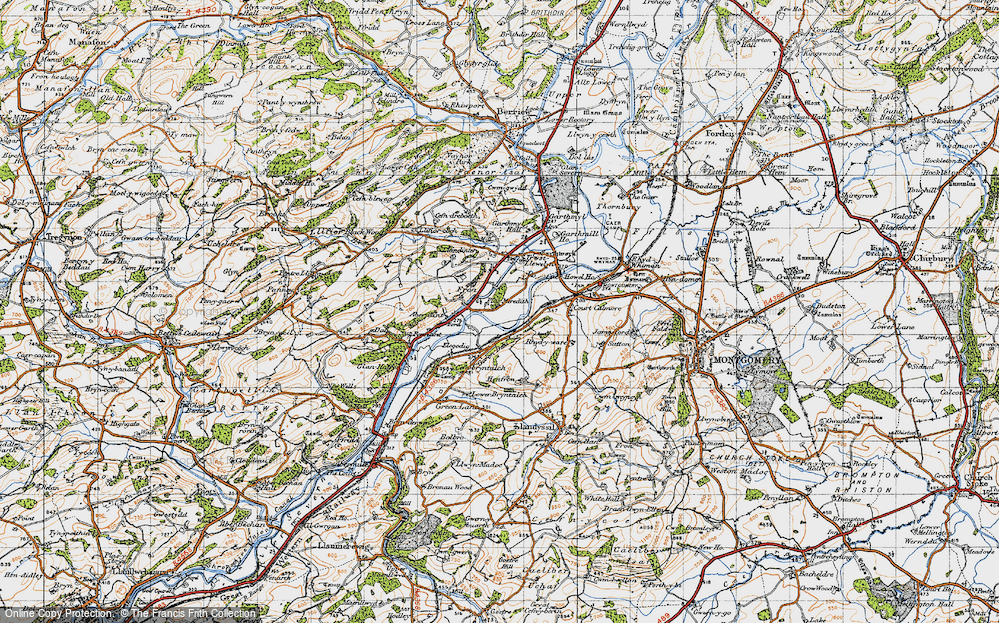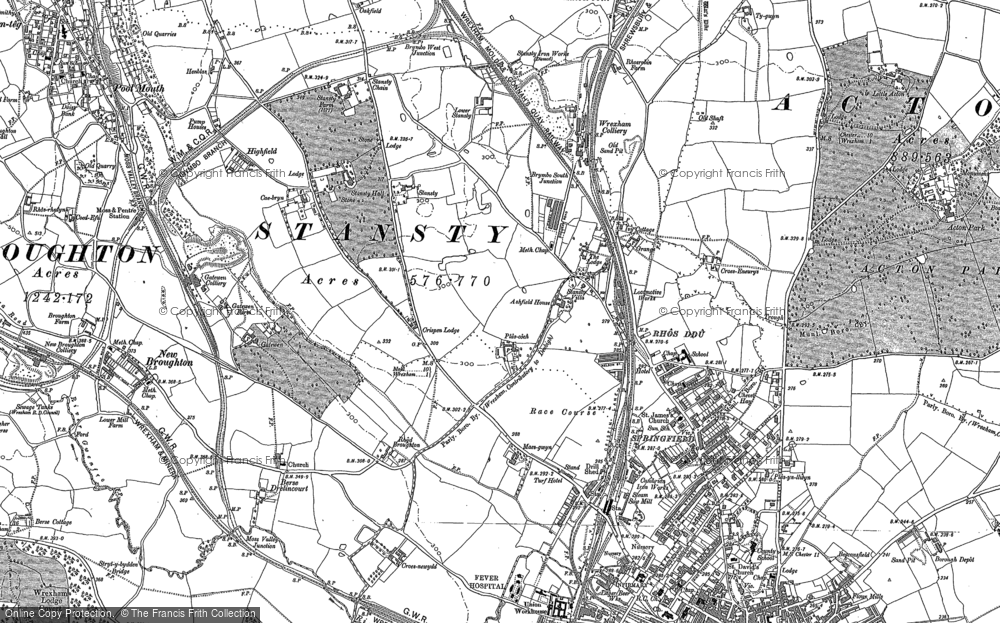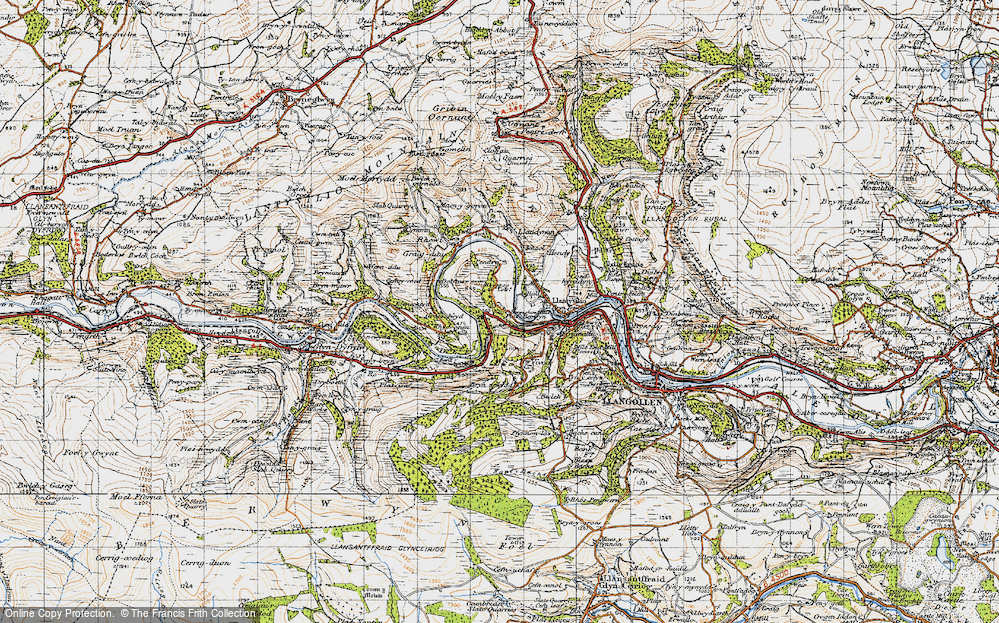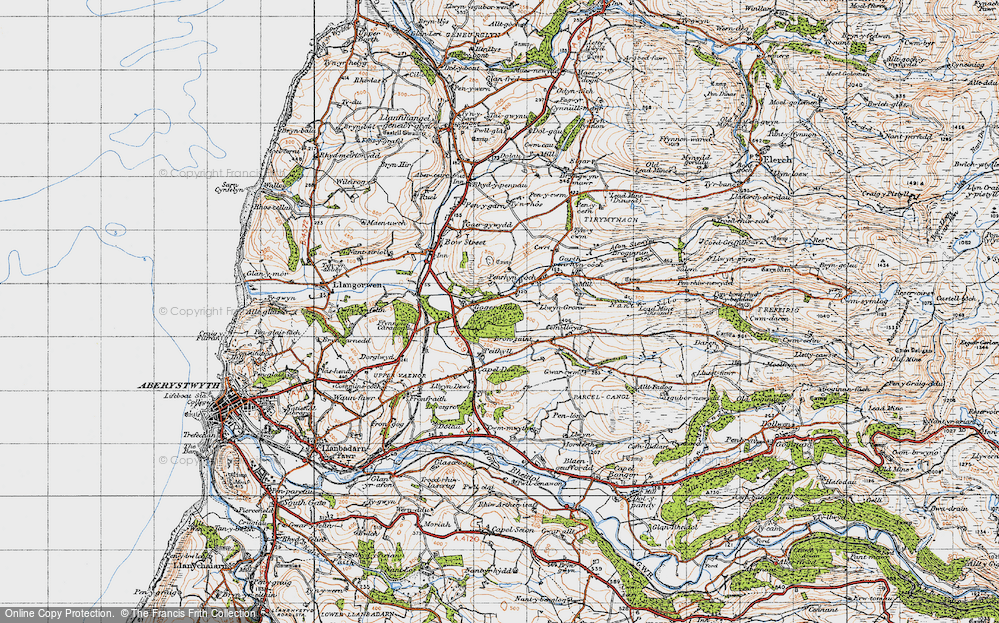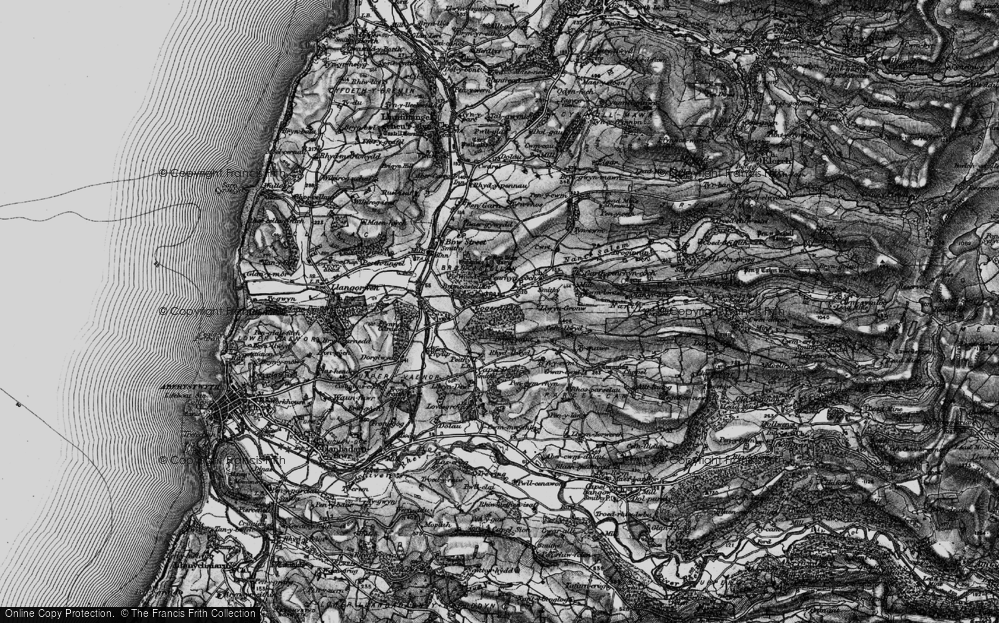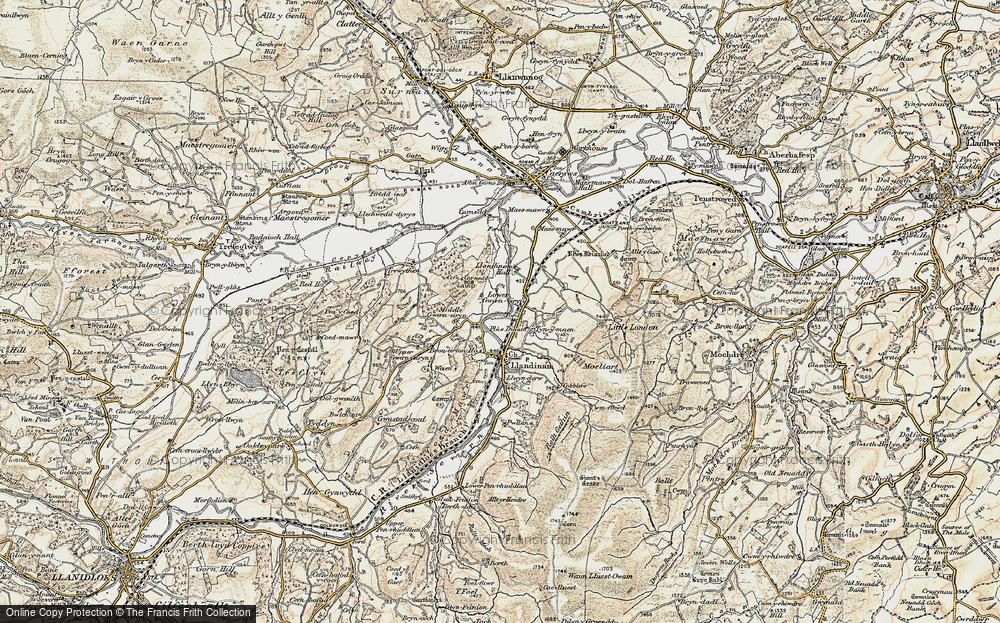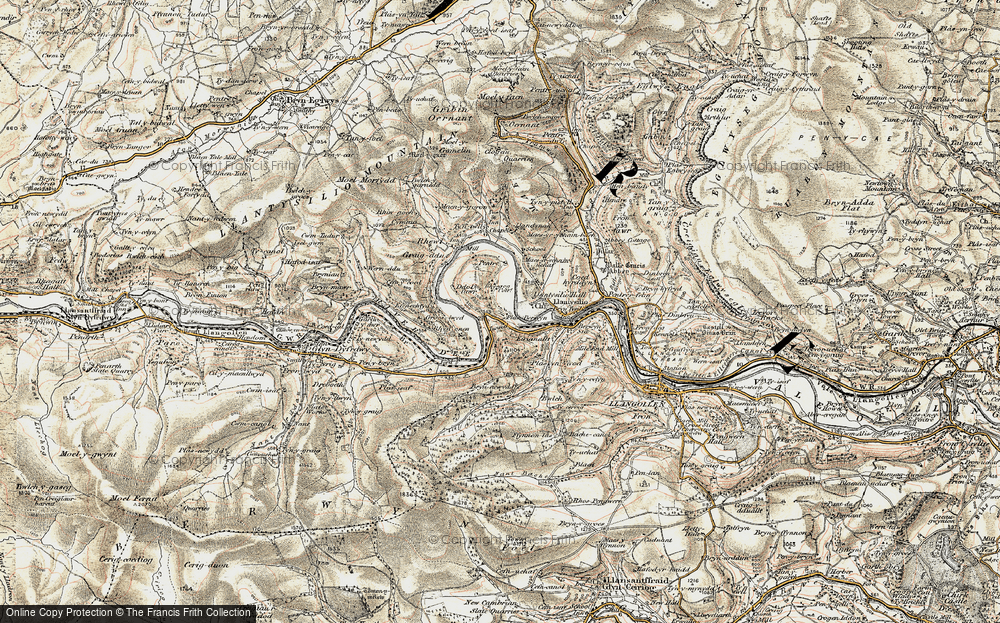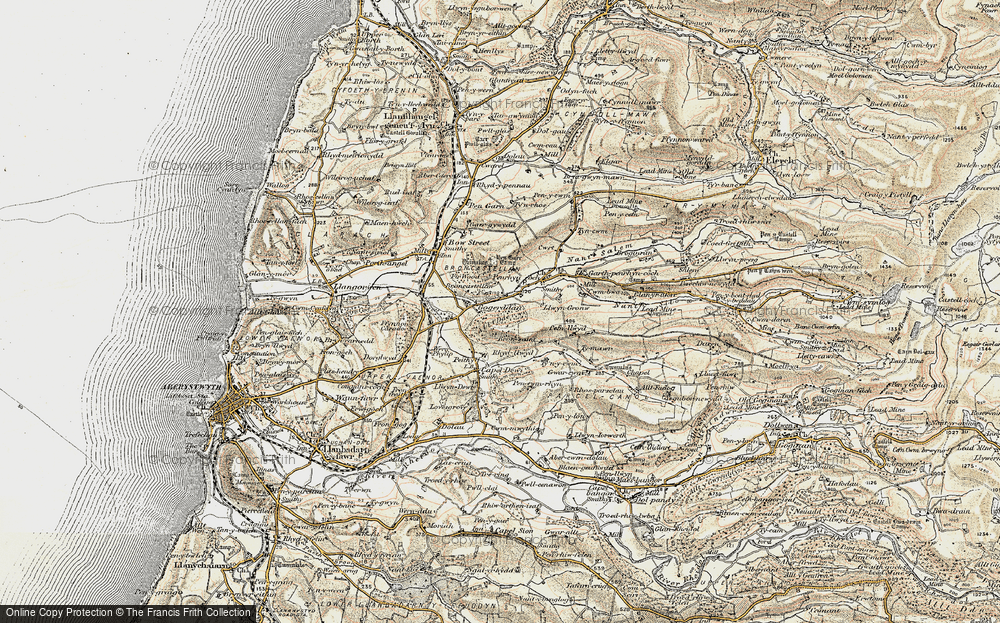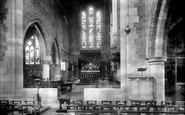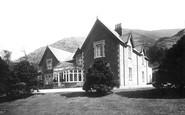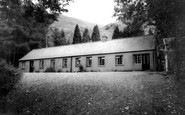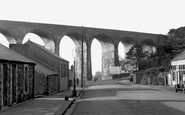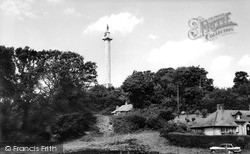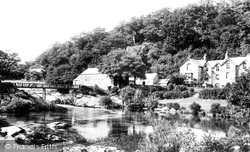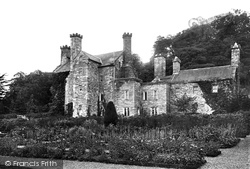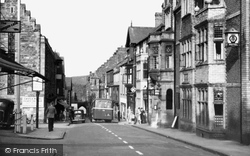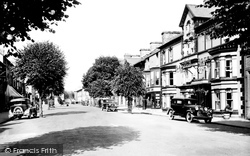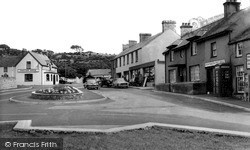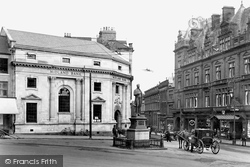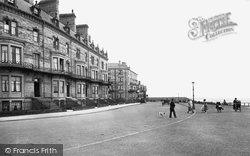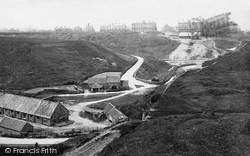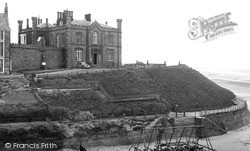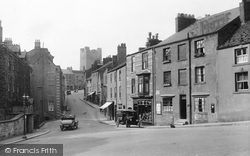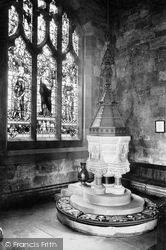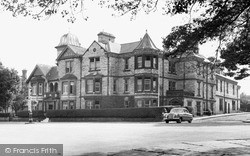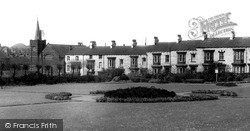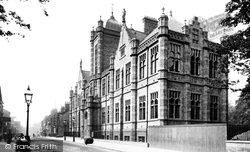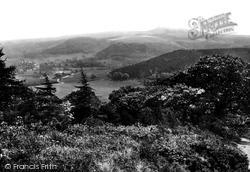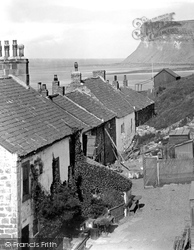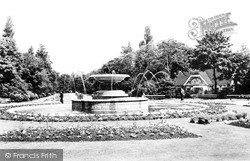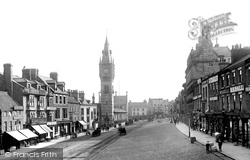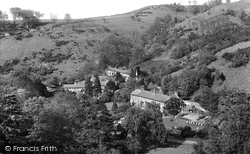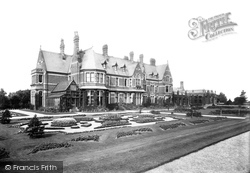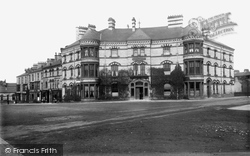Places
5 places found.
Those places high-lighted have photos. All locations may have maps, books and memories.
Photos
209 photos found. Showing results 1 to 20.
Maps
77 maps found.
Books
Sorry, no books were found that related to your search.
Memories
53 memories found. Showing results 1 to 10.
Childhood Memories
My grandfather lived in the tied cottage on the Plas farm in Lower Machen. His name was Albert Thomas, known as Bert. I have many fond memories of him and his cottage and playing around the farmyard and watching him complete ...Read more
A memory of Lower Machen in 1977 by
Gowers Bridge
Gowers bridge was not too far from where we lived and was a great place to take the children for a picnic, to learn to ride a tricycle and to skim stones across and see who won, then pick our way to Llyn Bwrw Eira, along the banks, ...Read more
A memory of Llanrwst in 1956 by
Grandmother Born1876
My grandmother used to tell me stories of Gateshead days when I was a kid, for example Tommy-on-the Bridge, area Bottle Bank, apparently was a permanent fixture in those days, he stood on the Swing Bridge, might have been ...Read more
A memory of Gateshead in 1890 by
Wells Family In Thorpe Bay
A cousin found an old Birthday Book in which the names of some people from Thorpe Bay feature. We wonder if these were family members: Eileen Wells, 11 Plas Newydd, Thorpe Bay, Essex, Birthday February 28. Mrs. Day, ...Read more
A memory of Thorpe Bay in 1920 by
Grandad
My grandad was christened at St Hilda's church in 1890, he was married there in 1914 and was buried from there in 1965. My mother also got married there and I was christened there. My grandad was Alfred William Morland and he worked ...Read more
A memory of Darlington by
Auntie Lena
I went to Plas in the 1960s and have fabulous memories of the wonderful holidays and all the fun things that happened, the outings, the trips to Carnaerfon, the tricks we played and of course our wonderful Auntie Lena who actually ...Read more
A memory of Betws Garmon in 1969 by
Happy Memories
I first was introduced Plas Y Nant by The Rev. Ken D Beardsley who took a large group of us youngsters from the Methodist church in Menston Yorkshire in 1966. We were there introduced to the the formidable, affectionately known ...Read more
A memory of Betws Garmon in 1966 by
Back Here After 50 Years!!
I lived in Bryn Glas for ten years after passing the 11+ to go to Lewis School for girls. Memories - I have lots, and it is lovely to come back home. Sitting on the Graig counting the cars (and there weren't many), ...Read more
A memory of Hengoed in 1950 by
The Down And Up
We went to stay at Plas-Y-Nant, Easter, Whit and Summer every year in the 50s. It was simply wonderful. Yes, I remember Auntie Lena and the whole range of little customs and practices we willingly engaged in. Not the least ...Read more
A memory of Betws Garmon in 1955 by
Albion Place
I was born in 1939 and grew up in Kenfg Hill, living at 65 Pisgah Street, Foster Buildings, and 7 Albion Place during the war years. Albion Place was then in an area of Kenfig Hill known as The Huts, because the dwellings were all ...Read more
A memory of Kenfig Hill in 1945 by
Captions
31 captions found. Showing results 1 to 24.
This column was built by public subscription in 1817 to honour a local landowner, Henry William Paget of Plas Newydd.
It is now home to the National Mountaineering Centre at Plas Brenin, but has been known for many years for its superb view of the Snowdon 'horseshoe'.
Along with the magnificent town house of Plas Mawr in Conwy, they illustrate the dominance of this family in this region over many centuries.
The Plas y Brenin Outdoor Pursuits Centre, converted from the King's Hotel in 1954 to provide excellence in outdoor pursuit training, is seen in the middle distance.
As the High Street runs down toward the medieval town wall gate and through to the harbour, the influence of Robert Wynn's Plas Mawr can be seen in the transomed stone mullions of the Castle
It is now home to the National Mountaineering Centre at Plas Brenin, but has been known for many years for its superb view of the Snowdon 'horseshoe'.
Here the street is seemingly deserted in the sunlight, save for a few parked cars; one is waiting outside the Plas Coch Hotel.
Panton had married a local heiress, Jane Jones of Plas Gwyn, and they owned much of the estate around Pentraeth.
The statue of Joseph Pease stands guard over the entrance to Northgate.
Here, in another view of the Promenade, we see the large five- storey houses, built in distinctive white 'Pease' brick, many of which operated as small private hotels or boarding houses
Another view of Cat Nab, showing very clearly the 'new town' laid out in the mid to late 19th century, largely through the vision and initiative of the Pease family.
Cliff House was built in the mid 19th century by the Pease family, who owned the nearby Upleatham Ironstone Mines. It was sold to the Holiday Fellowship organisation before the Second World War.
Swale House on the extreme left was the home of Joe and Veronica Pease, great hosts of balls and parties.
The window was glazed by the Pease family in memory of Lady Pease of the nearby Hutton and Pinchinthorpe estate.
This handsome building, again built in distinctive white 'Pease' brick, stands on Albion Terrace and was originally two imposing private residences.
This handsome terrace of Victorian houses, built in distinctive white 'Pease' brick overlook the Coronation Park.
Hoskins was also responsible for designing the Grammar School of Queen Elizabeth (1875), John Pease's villa Elm Ridge (1867), the New Hippodrome and Palace of Varieties (1907), and the King's Head.
The neighbouring estate to the Chaloners' Gisborough estate, the Hutton and Pinchinthorpe estate, was bought in the 1860s by the Quaker industrialist, Joseph Whitwell Pease of Darlington.
Henry Pease was said to have had a vision of 'a town arisen on the edge of a cliff'. He was then instrumental in founding 'New' Saltburn on the top of the cliff in 1861.
This ornamental fountain was provided in 1896 by Joseph Pease, one of the Owners of the Middlesbrough Estate, and it was traditionally surrounded by beautiful flower beds.
The street is dominated by the Italianate clock tower, paid for by Joseph Pease; along with the Town Hall and covered market, it was designed by Alfred Waterhouse and built in 1864.
Some of the people who lived here were employed in the neighbouring ironstone mines, and others at nearby Hutton Hall, built in the 1860s for Sir Joseph Whitwell Pease.
and elaborate range of houses, bothies, potting sheds and greenhouses (together with the adjoining stable block, these were converted in the early years of this century into a luxury development, Pease
The Queen's Hotel is built in distinctive white 'Pease' brick as is found in many buildings in the town.
Places (5)
Photos (209)
Memories (53)
Books (0)
Maps (77)


